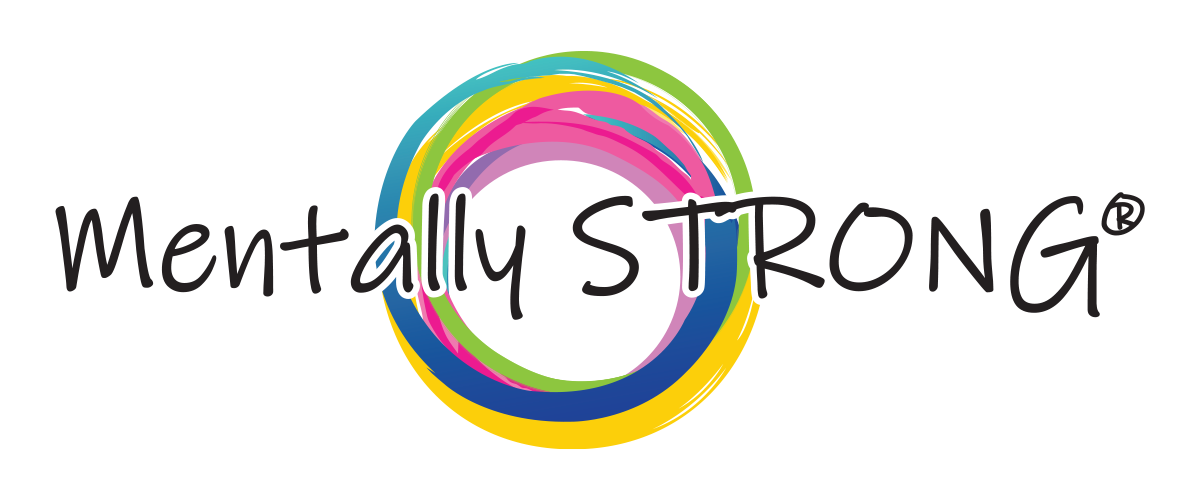Most of us carry a deep-seated belief of “I’m not good enough.” This core connection is more than just a fleeting negative thought; it is a fundamental belief about ourselves, often rooted in childhood experiences. Despite my 20 years of practicing the mentally strong method, this belief occasionally reemerges in my life. It’s crucial to recognize that this feeling is a common struggle, and understanding its origins is the first step toward addressing it.
The Roots of Inadequacy
So, where does this feeling stem from? Our culture, steeped in a perfectionist mentality and fairy-tale endings, often feeds into this narrative. We grow up believing that perfect actions lead to happy outcomes. However, life is rarely a fairy tale. As I experienced in my personal journey with my children, who passed away from a rare neurodegenerative condition, not all stories have happy endings. This reality can reinforce the notion of personal inadequacy.
The Cycle of Criticism and Self Doubt
Criticism, whether in childhood or adulthood, can exacerbate feelings of not being good enough. Positive criticism, intended to help us grow, can sometimes inadvertently trigger our insecurities. In my case, academic struggles in my youth laid the foundation for this core belief, further fueled by life’s challenges and losses.
Breaking Free from the Perfectionist Trap
The pursuit of perfection and external validation can trap us in a cycle of self-doubt. We often compare ourselves to high achievers like Taylor Swift or Simone Biles, forgetting that our worth is not tied to such extraordinary achievements. Each of us has a unique purpose, and recognizing where we are enough is vital.
The Path to Self Love
To cultivate self-love, we must first know ourselves. Spend time understanding your strengths and weaknesses. Realize that you don’t need to excel in every area to be enough. Then, work on liking yourself – acknowledge and appreciate your unique qualities. Only then can true self-love develop. Remember, self-love is not about reaching an external standard but about embracing who you are.
Empowering Our Children
For those with young children, it’s essential to guide them through these stages of self-awareness. Help them understand and appreciate their unique selves from an early age. This early foundation can be instrumental in preventing the development of negative core beliefs later in life.
Conclusion: Embracing Our Unique Journeys
We all face barriers to mental strength and success, whether internal dialogues or external challenges. Recognizing and addressing these core connections is crucial. I encourage you to reflect on where you are enough and to pursue self-understanding and self-acceptance. Together, we can overcome these barriers and find fulfillment in our unique life journeys.

